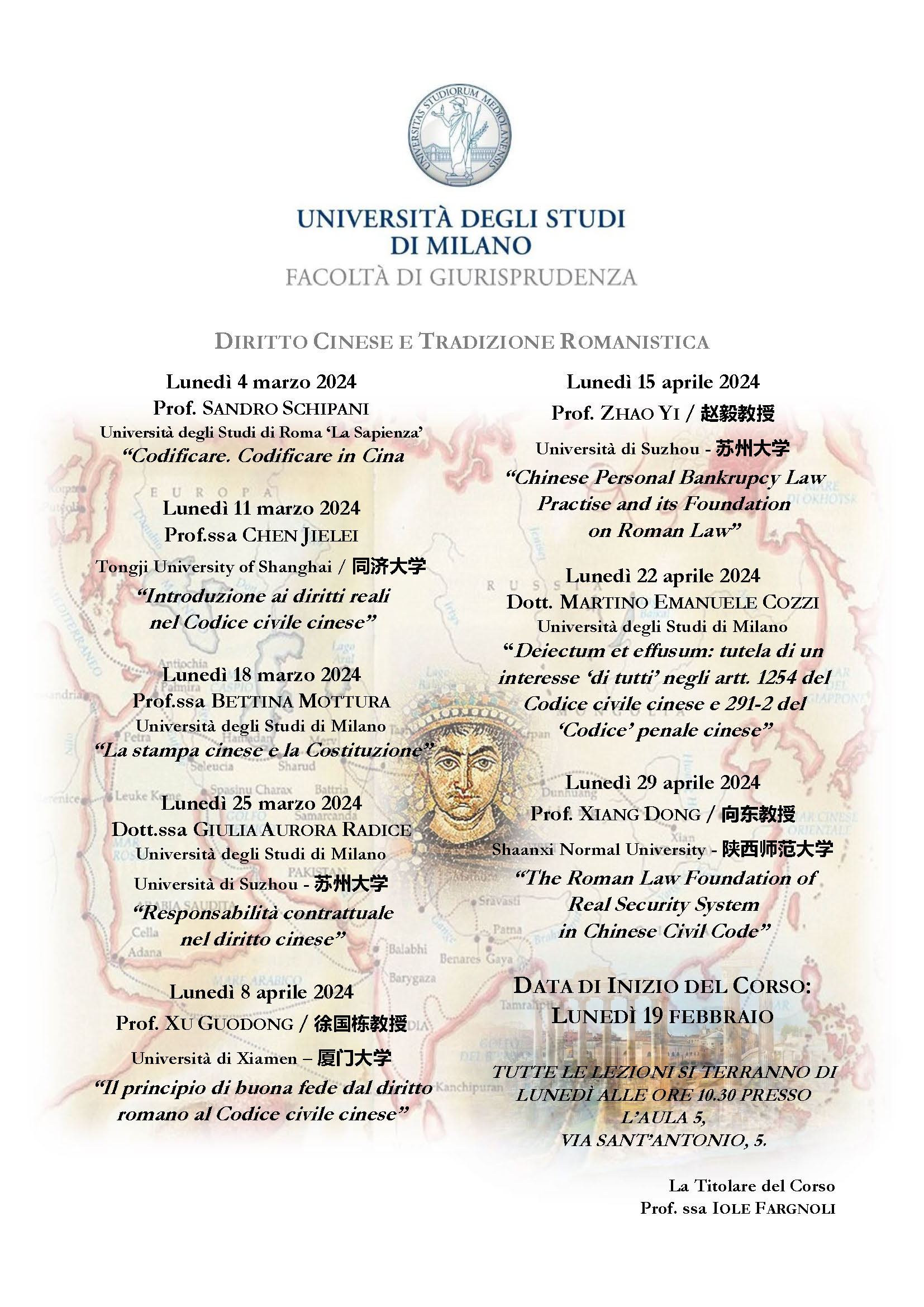Per verificare in itinere lo svolgimento del lavoro, gli studenti affronteranno una serie di esercizi di varia tipologia: test a risposta chiusa, completamenti e abbinamenti, ordinamenti cronologici, domande di comprensione di un testo (fonte storica; testo storiografico; testo letterario; testo critico). Vi saranno anche domande a risposta aperta: le risposte saranno valutate dai tutor e dovranno essere consegnate entro la scadenza di volta in volta indicata. Gli altri esercizi resteranno disponibili on-line per tutta la durata del corso e potranno essere ripetuti sino al loro superamento.
Gli argomenti sono stati ripartiti in quattro lezioni di storia e quattro di letteratura italiana con un’integrazione di strumenti metrici e retorici. Al termine del corso on-line, gli studenti svolgeranno una prova in presenza in università; il test sarà strutturato in modo analogo alla prova di settembre. Il superamento di tutti i test è indispensabile per accedere alla prova in aula.
Sulla piattaforma è attivo anche un forum per domande di tipo generale o relativo ad alcuni argomenti specifici.
- Docente titolare: Luigi Arrigoni
- Docente titolare: Massimiliano Cappello
- Docente titolare: Maria Maffezzoli
- Docente titolare: Marianna Villa

